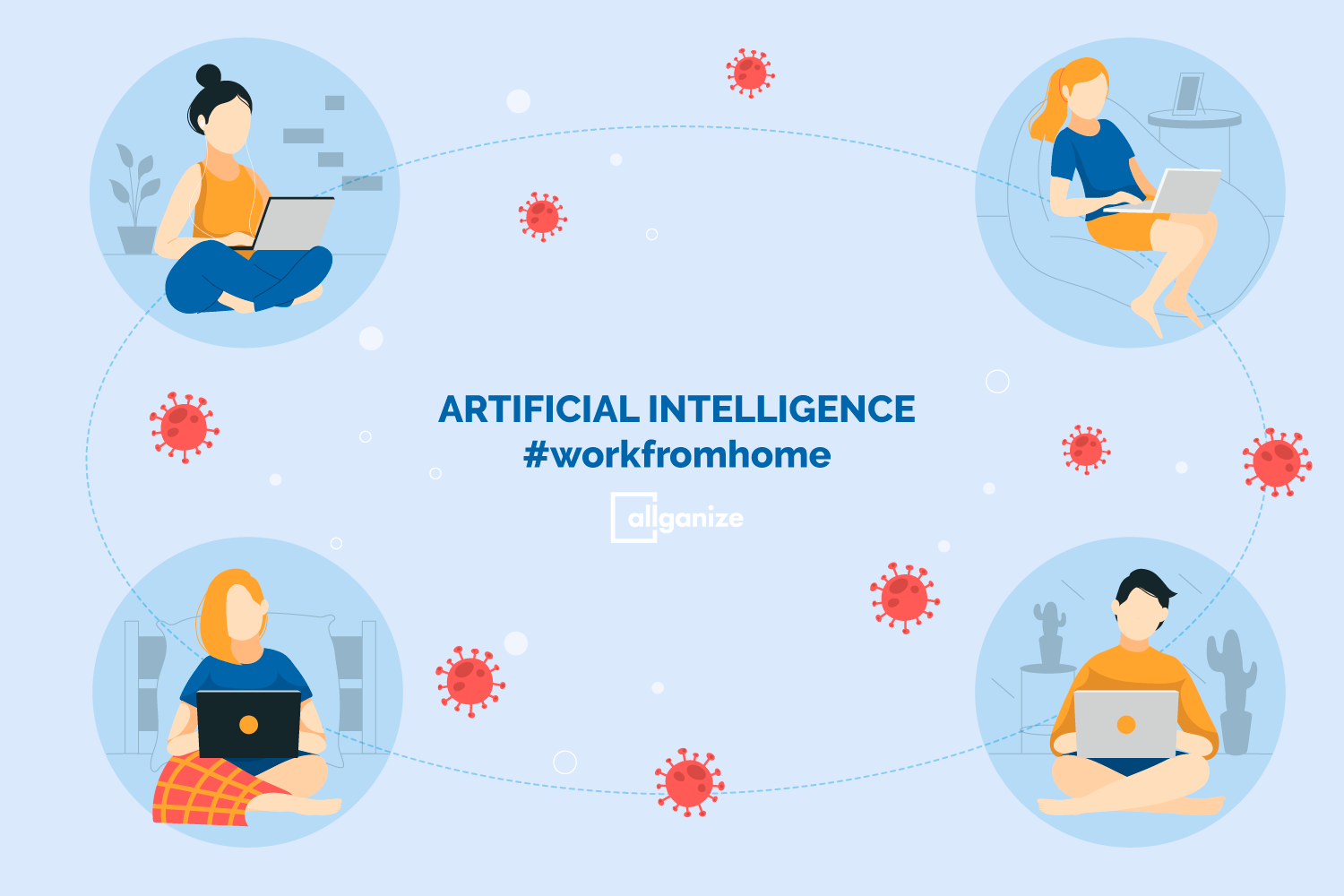What Artificial Intelligence Will Look Like After COVID-19
The pandemic has caused upheaval in businesses around the world, but it’s also the driving force behind the acceleration of adoption of Artificial Intelligence.

The year 2020 has not been easy for anyone. The COVID-19 pandemic has changed how businesses get things done. Workers have been forced to work from home while those who have not been so lucky have lost their jobs. The pandemic has caused upheaval in stock markets and disrupted supply chains around the world, but it’s also the driving force behind the acceleration of technological adoption. While several companies in a broad range of sectors are applying Artificial Intelligence (AI) to smoothen their daily operations, this trend also provides a glimpse of the future of Artificial Intelligence after COVID-19. Leading companies in the development of Artificial Intelligence are already thinking what the future of AI will look like. As businesses cut non-essential costs and strategize for the post-pandemic rebound, Artificial Intelligence will be put into use to help businesses enhance their efficiency in service delivery.
The world is likely to witness future applications that use AI moving into the mainstream of human life. This will include robots that directly deliver basic supplies like medicine and food to consumers in order to reduce human-to-human contact. As Natural Language Processing (NLP), AI method of communicating with humans, becomes more sophisticated, they will become better at tackling the nuance, context of human speech and the written word with fewer misunderstandings and a seamless user experience. They are not only convenient, but also minimize the overhead of human contact.
Most employees are working from home and this will continue even after COVID-19. Seminars, meetings, and conferences will be held online using technologies such Zoom and Skype. Businesses have lost a lot of revenue during the COVID-19 period. The idea of working from home will become a permanent strategy as businesses will want to save a lot in real estate costs and invest the savings in boosting their operations.
Healthcare
After COVID-19 hospitals will experience huge backlog patients due to rescheduled patient appointments. Patients in need of medical attention will benefit a great deal from Artificial Intelligence. AI supported chatbots and rapid response virtual assistants will help patients access health services effectively. Chatbots will be used where there will be a surge in demand for healthcare services and a shortage of physicians and nurses to attend to the patients. They will provide services around the clock and minimize operational costs. More patients will get the services they require without making hospital visits or booking hospital appointments. Physicians will be able to turn to NLP for notes and decipher complex health information. By taking over the administrative burden of taking notes and other paperwork related tasks, AI will allow physicians more time to attend to their patients. AI can automate all the administrative tasks that burden physicians and nurses. This will help eliminate issues like psychological burnout that face physicians and nurses.
Manufacturing
Perhaps one of the industries where the application of AI will occur on a wider scale after COVID-19 is manufacturing. It will be the industry where Robotic Process Automation (RPA) will be demanded the most. Robots that use AI technology will be able to work faster and longer, minimizing the need to have humans in the process. It will not only lower the costs of operation, but keep workplaces safer. After the pandemic, most manufacturers will reboot their workforce and operations, companies can apply Artificial Intelligence to automate most of the routine tasks and enhance productivity, freeing humans to do more creative work.
Marketing
2020 has been a difficult year for marketers as they try to adapt to a different world of COVID-19. There is no template on how to move forward in such a difficult situation but marketers can leverage technology to make their operations smooth. The world of marketing and advertising is likely to look different after COVID-19 thanks to Artificial Intelligence. After COVID 19 AI-powered technologies will provide data and insight for marketers across the world. This will help marketers to tailor their marketing strategies according to the needs of different consumer groups.
Education
After COVID-19, Artificial Intelligence will disrupt the education sector just as other fields. Artificial Intelligence will play a crucial role in boosting classroom experience. Due to the COVID-19 pandemic, most learning institutions have adopted distant learning strategies to adopt and AI has played a central role in this. The pandemic has renewed attention to the need for online instructional strategies that offer automated feedback and support learners in the absence of instructors. The AI-based applications will play a major role in education after COVID-19. Natural Language Processing will be used to render class schedules and review students homework efficiently and fairly, relieving teachers of the administrative tasks such as marking and grading homework assignments. AI will also be able to identify students who are likely to falter academically. This will allow teachers to devote most of their time on their core function which is facilitating knowledge and skills acquisition.
The globe is on the brink of a historical turning point. The pandemic has changed life as we knew it and left people wondering how the world will look when things return to normal. While there is no crystal ball that will help people to predict the future, they can at least predict that Artificial Intelligence will play a prominent role after the pandemic. Artificial Intelligence is a cutting edge technology that promises to power the economies and change the way people live long after the pandemic in different facets of life.
Learn More About Allganize's Technology
